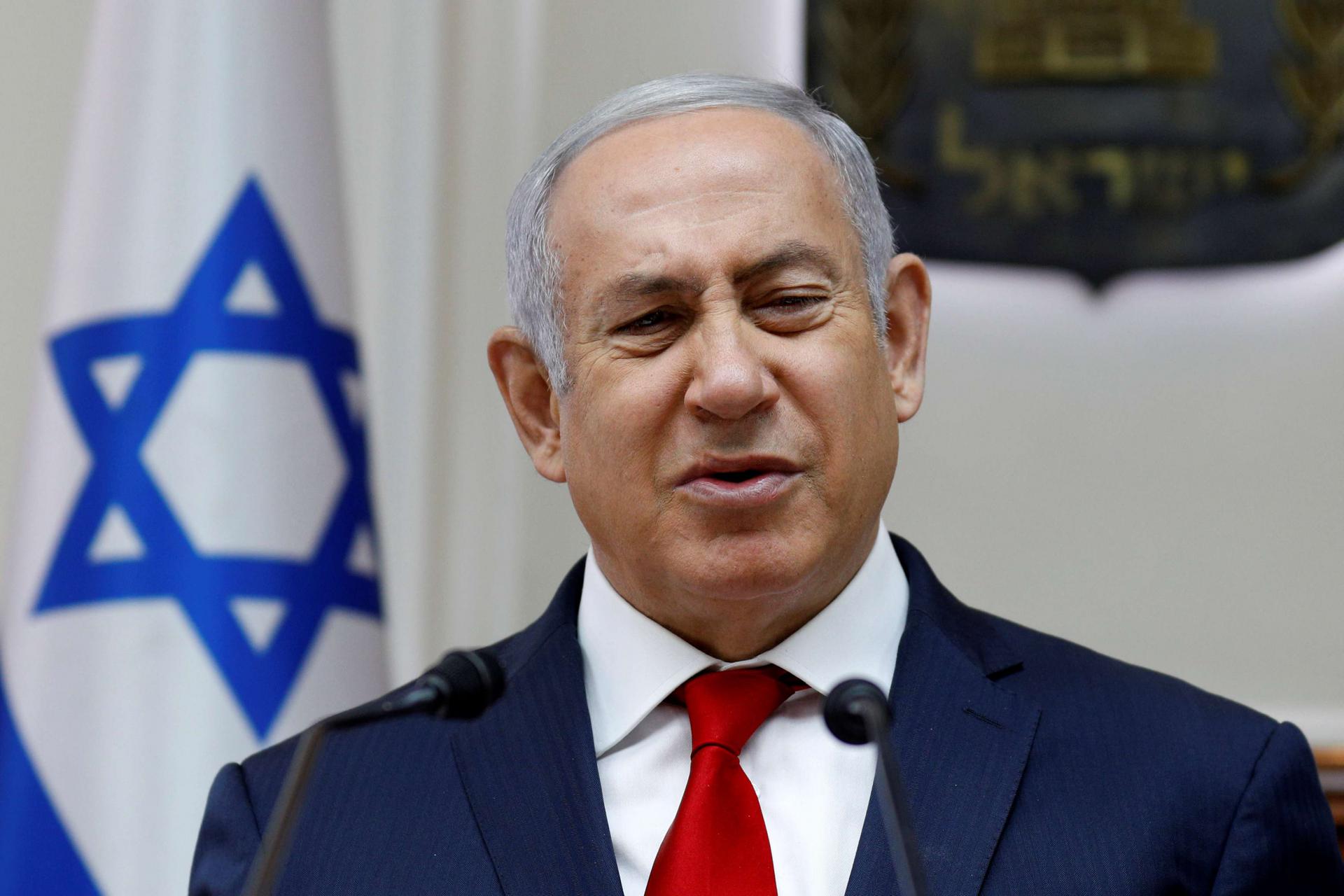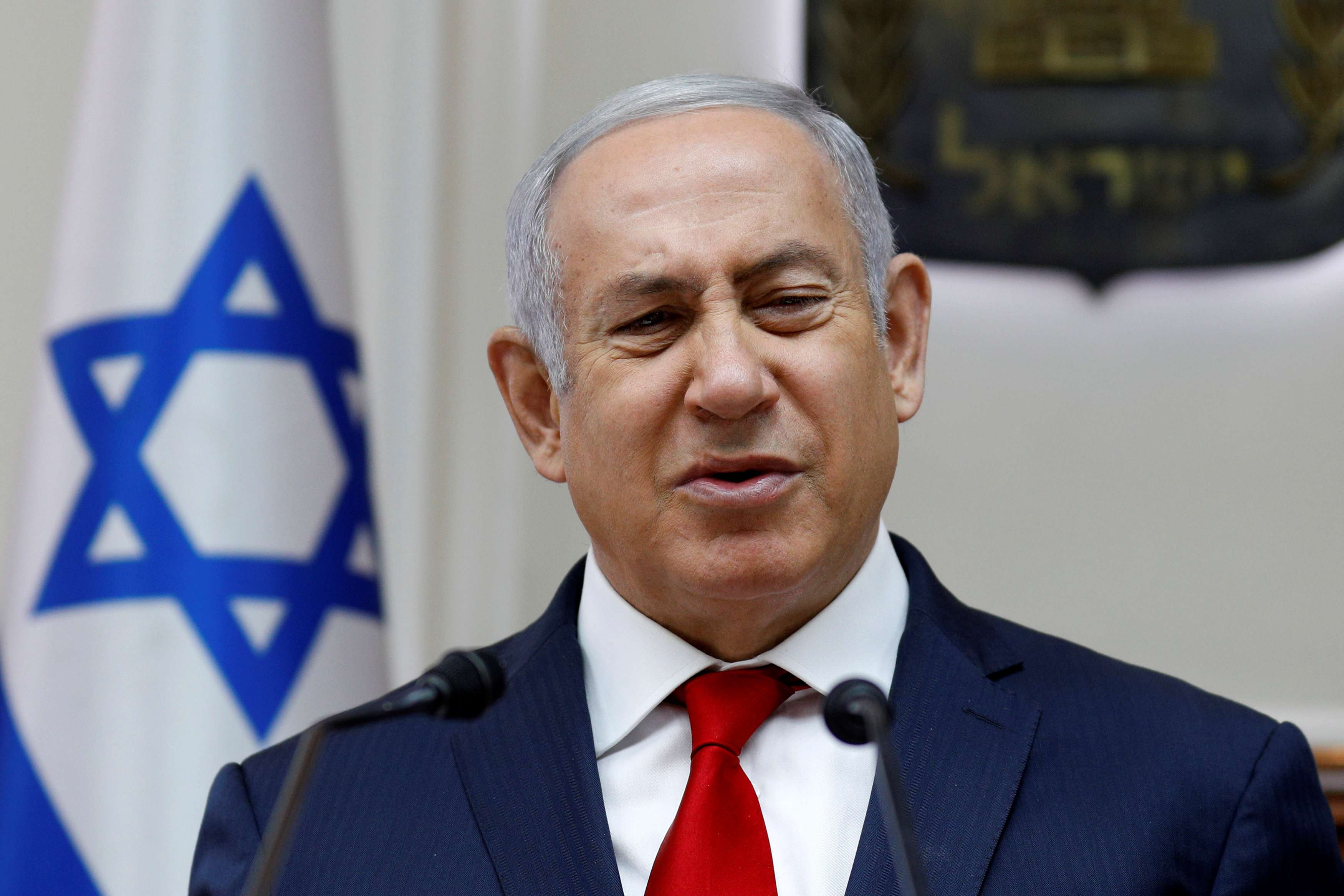Israel to continue Syria strikes despite tension with Russia
TEL AVIV - Prime Minister Benjamin Netanyahu said on Tuesday Israel would continue its military operations in Syria, after Russia announced it would supply an advanced anti-aircraft system to its Syrian ally in response to the downing of a Russian military jet that killed all 15 servicemen on board.
"We will continue to act to prevent Iranian military entrenchment in Syria and we will continue the military coordination between the IDF (Israel Defence Forces) and the Russian army," Netanyahu told reporters before boarding a flight to New York, where he will address the UN General Assembly.
Russia said on Monday it would supply an S-300 surface-to-air missile system to Syria in two weeks despite strong Israeli objections, a week after Moscow accused Israel of indirectly causing the downing of the Russian military jet in Syria.
It also announced additional measures including supplying Syria with modern computer systems for its air defence command centres and increasing the military's capacity to disrupt GPS and radar systems of planes approaching the Syrian coast.
Those moves prompted Netanyahu on Monday to warn Putin against "transferring advanced weapons systems into irresponsible hands".
Russia and Israel set up a hotline in 2015 to avoid accidental clashes in Syria. Israel is now concerned Russia will seek to limit its actions there.
Israel's main enemy is Iran and it has pledged to stop it from entrenching militarily in neighbouring Syria. Iranian-backed Hezbollah is also one of its enemies and both Iran and Hezbollah are supporting Syrian President Bashar al-Assad's regime in his country's civil war.
Russia, which also fights in Syria to support the government against rebels and militants, has said Syrian anti-aircraft batteries shot its IL-20 surveillance plane down by mistake shortly after Israeli jets hit a nearby target.
Moscow accused Israel of creating dangerous conditions that caused the incident despite Israeli attempts to pin the blame solely on Syrian negligence.
Israel, which has carried out air strikes in Syria many times during the civil war, said after the incident it would work to improve "deconfliction" of its missions with Russian forces, but would not halt them.
Netanyahu spoke by telephone with Russian President Vladimir Putin on Monday. In his remarks on Tuesday, Netanyahu said he had agreed with Putin "that the working teams from the IDF and the Russian army will meet soon".
The Israeli leader made the remarks after convening his security cabinet to discuss the tensions with Moscow.
"Over the past three years, Israel has been highly successful in preventing the Iranian military entrenchment in Syria and Iranian attempts to transfer lethal weaponry to Hezbollah in Lebanon," Netanyahu said.
But he said there had been occasions when things had not gone smoothly, calling Syria's downing of the Russian plane "tragic".
Israel has long lobbied Moscow not to provide the S-300 to Syria, fearing this would hinder its aerial capability to strike the forces of Iran and its Hezbollah allies in Syria. Netanyahu and former US President Barack Obama's pressure on Putin stopped a potential deal in 2013.
However the S-300 has several models which have been sold to more than 20 countries including Greece and Cyprus, which are military partners with Israel. Analysts believe that the Israeli Air Force has previously conducted training exercises that will allow it to mitigate the risk when facing these systems.
The Israeli military's highly developed tech and cyber capabilities mean that the recent Russian steps are not a total barrier to future attacks, but they will nevertheless be a significant restriction of Israel’s freedom of action over Syria.


